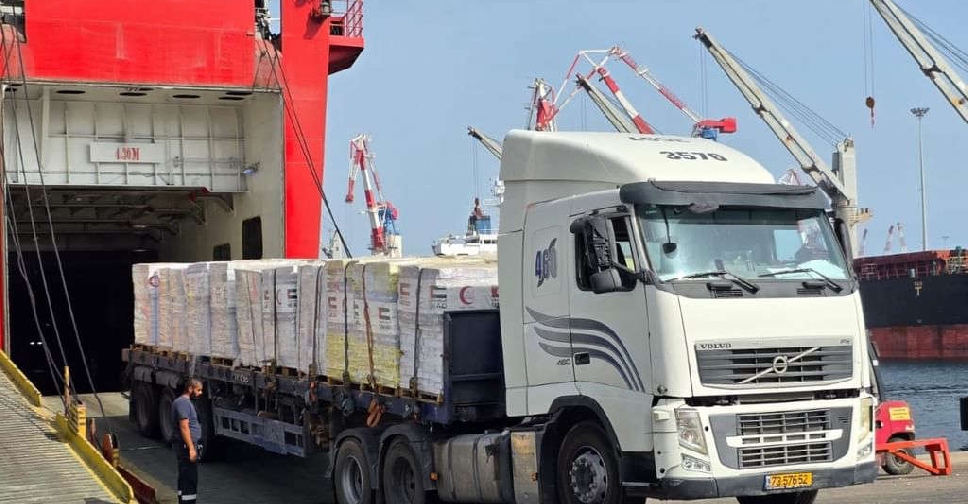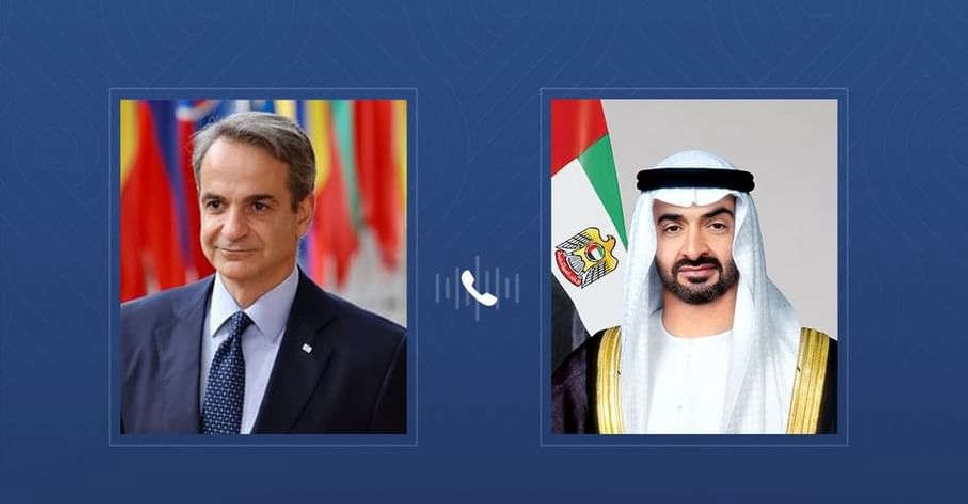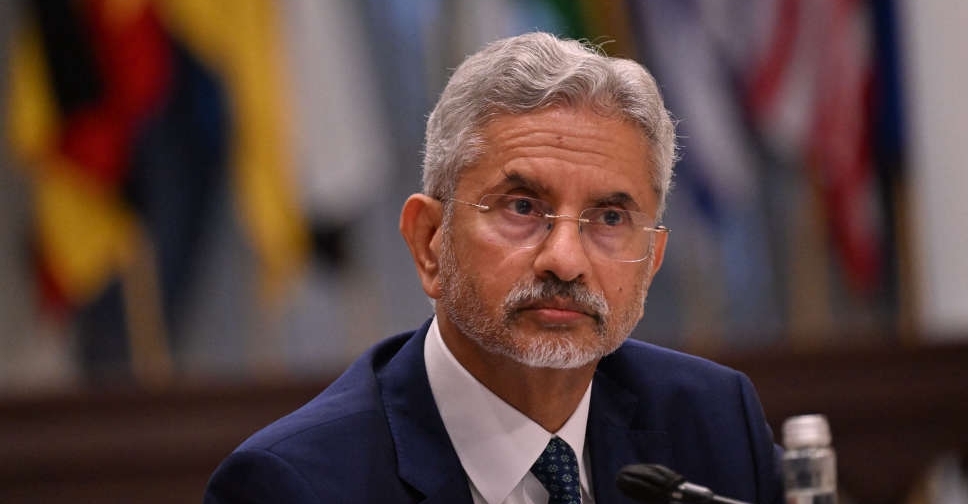
India's foreign minister, Subrahmanyam Jaishankar, said on Tuesday that India has told Canada it was open to looking into any "specific" or "relevant" information it provides on the killing of Sikh separatist Hardeep Singh Nijjar.
Prime Minister Justin Trudeau said last week that Ottawa had credible intelligence linking Indian agents to the murder, prompting an angry initial reaction from New Delhi, which denies the allegation.
Asked about the allegations at a Council on Foreign Relations event in New York, Jaishankar detailed India's response in diplomatic engagements.
"One, we told the Canadians that this is not the government of India's policy," he said. "Two, we told the Canadians saying that look, if you have something specific, if you have something relevant, you know, let us know - we are open to looking at it."
India last week suspended new visas for Canadians and asked Ottawa to reduce its diplomatic presence in the country, citing what it called a deteriorating security environment.
India had been "badgering the Canadians" about its claims that organised criminals are based there, a reference to separatists like Nijjar, he said, adding that India had made "a large number of extradition requests".
"The picture is not complete without the context," he added. "You also have to appreciate that in the last few years, Canada actually has seen a lot of organised crime, you know, relating to, you know, the secessionist forces, organised-crime, violence, extremism, they're all very, very deeply mixed up."
Allies of Canada, including the United States, have cautiously expressed concern over the claims and urged India to cooperate with Canada's investigation.
The US ambassador to Canada told Canadian television that some information on the case had been gathered by the Five Eyes intelligence alliance, which includes the US, Canada, Australia, New Zealand, the UK.


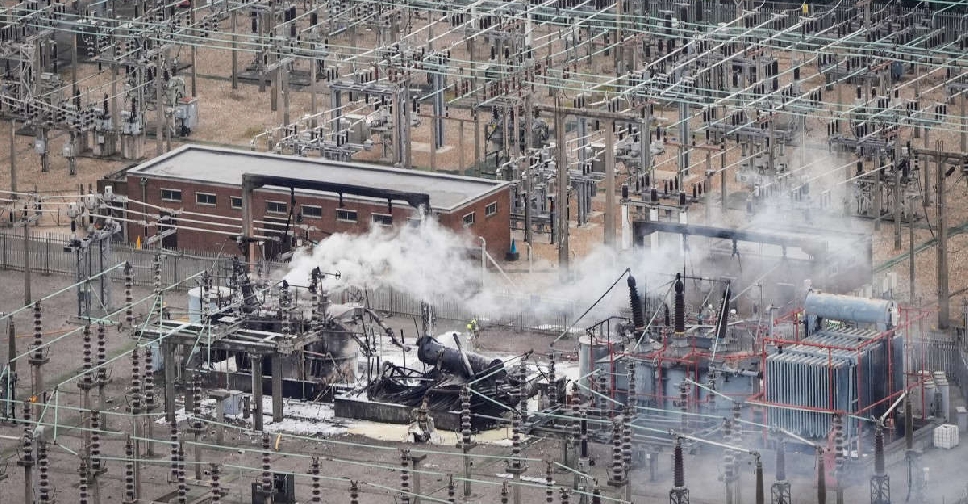 'Preventable' National Grid failures led to Heathrow fire, findings say
'Preventable' National Grid failures led to Heathrow fire, findings say
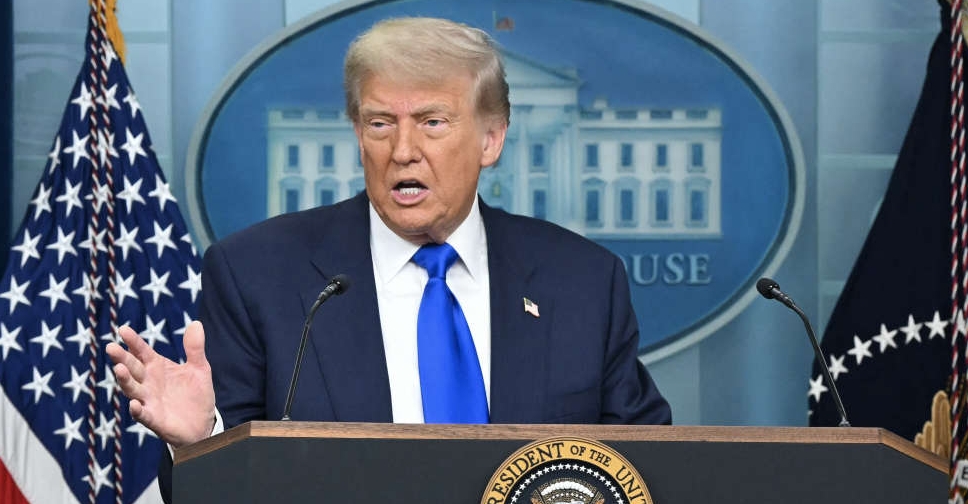 Trump urges Hamas to accept 'final proposal' for 60-day Gaza ceasefire
Trump urges Hamas to accept 'final proposal' for 60-day Gaza ceasefire
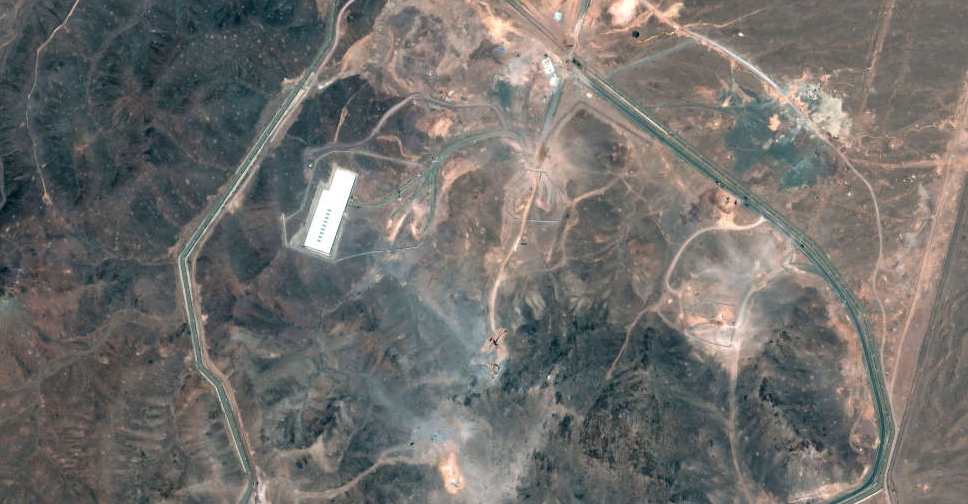 Iran enacts law suspending cooperation with UN nuclear watchdog
Iran enacts law suspending cooperation with UN nuclear watchdog
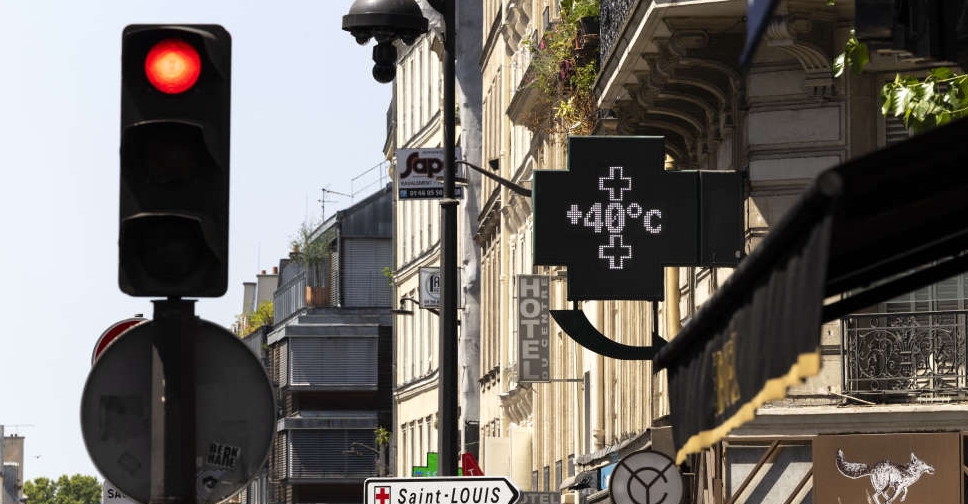 Two die in Spain wildfire, two deaths in France from European heatwave
Two die in Spain wildfire, two deaths in France from European heatwave
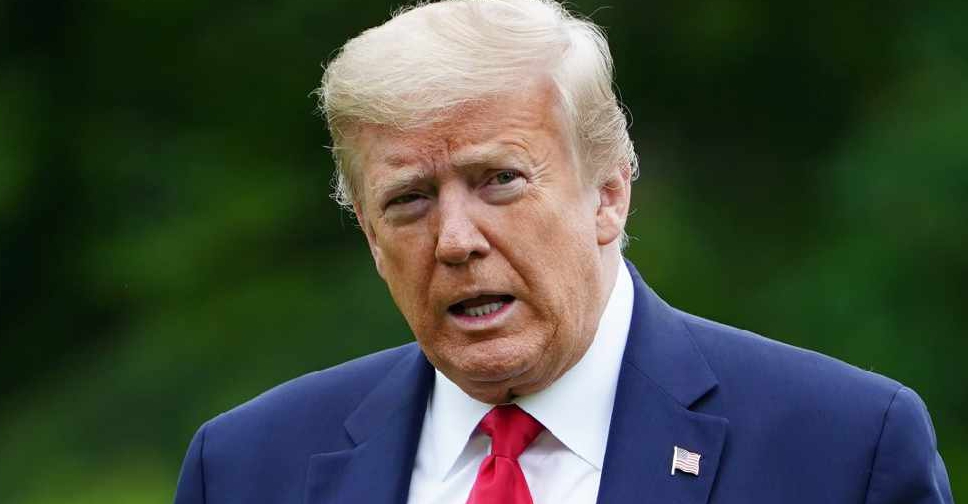 Paramount settles with Trump over '60 Minutes' interview for $16 million
Paramount settles with Trump over '60 Minutes' interview for $16 million
